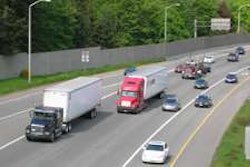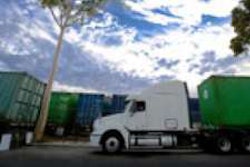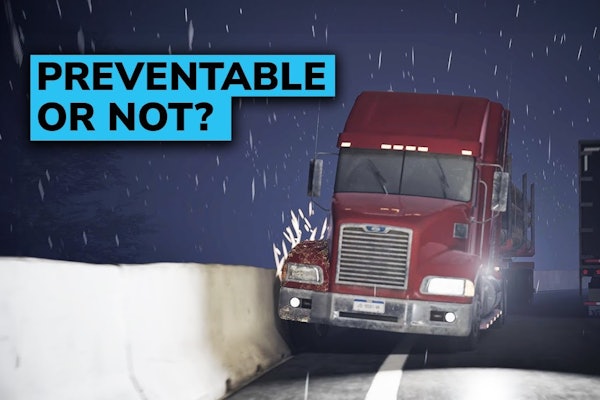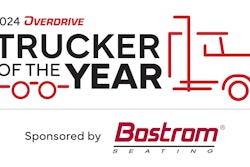As expected, the California Air Resources Board on Dec. 19 modified several regulations related to on- and off-road diesel engines – in most cases to grant some relief to financially challenged industries such as trucking and construction.
In the case of the port truck regulation, however, the board made existing rules somewhat more stringent, mirroring action also taken recently by the Los Angeles Harbor Commission.
In a separate action, the board changed several aspects of regulations aimed at reducing greenhouse gases (GHGs) by requiring that certain long-haul operators adopt various fuel-saving technologies.
The diesel engine changes follows 20 public workshops held by CARB staff over the past year to solicit stakeholder input and discuss options for revising diesel control measures affecting commercially owned trucks, buses, port trucks, tractor trailers and off-road vehicles, including construction and large-spark ignition equipment. In addition, changes in off-road rules follow a negotiated settlement between CARB and the Associated General Contractors.
Statewide on-road truck and bus regulation
www.arb.ca.gov/dieseltruck
Requires a phase-out of pre-2010 diesel engines. Changes:
• Reduce overall compliance costs by about 60 percent as California recovers from the recession;
• Exempt about 150,000 lighter trucks from having to retrofit with particulate filters;
• Delay initial compliance date for the retrofitting of heavier trucks and allow them to operate another eight years before being required to use a truck that meets 2010 emissions standards; and
• Expanded credits for fleet downsizing, adding cleaner vehicles ahead of any regulatory requirements, and for installation of early retrofits.
Port truck regulation
www.arb.ca.gov/msprog/onroad/porttruck/porttruck.htm
Required low-emissions diesel technology specifically on trucks that operate at ports and rail yards: Changes:
• Assure that all trucks serving the ports, including the smaller Class 7 trucks, will have diesel particulate filters by 2014; and,
• Expand the regulation to include trucks operating outside port or rail yard properties to prevent non-compliant trucks from receiving cargo from clean trucks in those areas.
Heavy-duty diesel GHG reduction measure
www.arb.ca.gov/cc/hdghg/hdghg.htm
Requires fleets operating in California to use tractors and trailers that are either SmartWay certified or retrofitted with SmartWay verified aerodynamic devices and low rolling resistance tires. Changes:
• Extend the deadline for installation of low rolling resistance tires by one year on pre-2011 model year tractors and four years on pre-2011 model year trailers;
• Exempt open shoulder drive tires;
• Allow an optional second trailer retrofit compliance schedule for large fleets;
• Provide additional reporting flexibility;
• Exempt storage trailers and provide limited relief from trailer requirements in certain situations, including relocation of local-haul trailers, transfer of trailer ownership and operation of non-compliant trailers that enter the state no more than once a year;
• Delay compliance for certain trailers for which SmartWay-verified technologies currently aren’t compatible and allow modification of technologies for “non-typical” trailers; and
• Delay compliance provision for 2009 model year refrigerated van trailers
Off-road regulation
www.arb.ca.gov/ordiesel
Requires adoption of low-emissions diesel technology on off-road vehicles. Changes:
• Delay implementation for all fleets by four years;
• Reduce costs by 97 percent in next 5 years;
• Expand or extend credits for businesses that comply before their deadline or have downsized; and,
• Ease annual requirements to clean up engines (e.g., small fleets can extend phase-out period for oldest equipment over 10 years, from 2019 to 2029).








